- Category
- Latest news
Russian Spies Aided Crackdown on Anti-Government Protests in Belgrade, Serbian Deputy PM Says
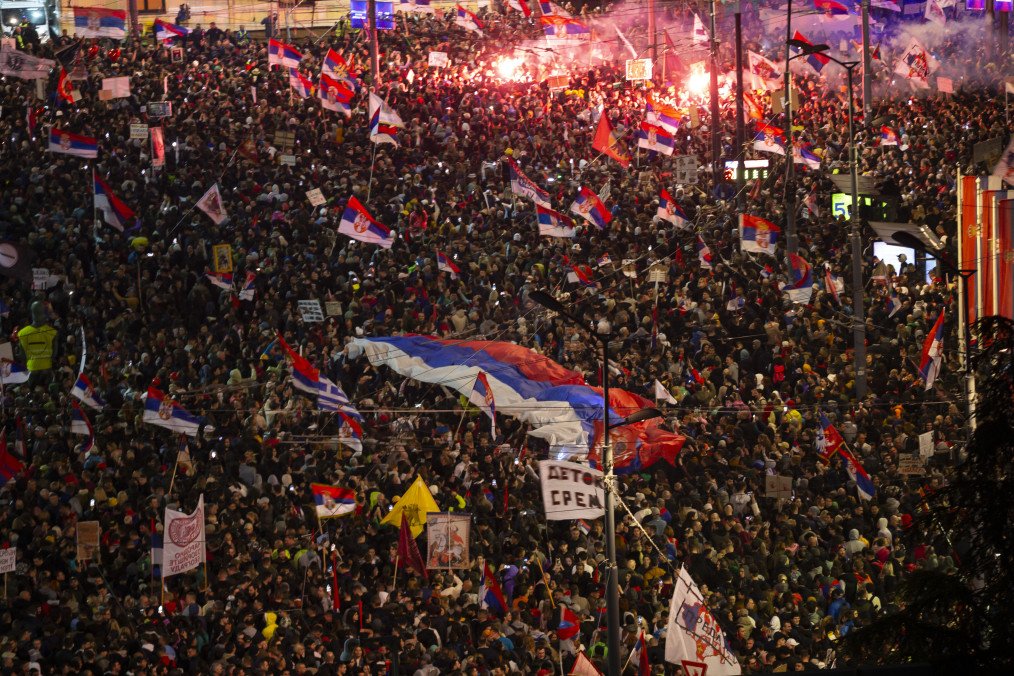
Serbia’s Deputy Prime Minister Aleksandar Vulin claims that spies from Russia have been assisting Serbian authorities in quelling anti-government protests.
Speaking to Russian state news agency RIA Novosti on March 21, Vulin said Russian intelligence services helped Belgrade “handle months of anti-government demonstrations,” particularly by providing information.
“I am very grateful to Russia’s special services, which always support us in our fight against colour revolutions , primarily with information,” he said. His remarks were reported by Reuters.
Aleksandar Djokic, a Belgrade-based political scientist and government critic, said Vulin’s remarks highlight how crucial Russian backing has become for Serbia’s leadership.
“The only open support to the regime comes from Russia, all others are either neutral or are condemning it,” he said.
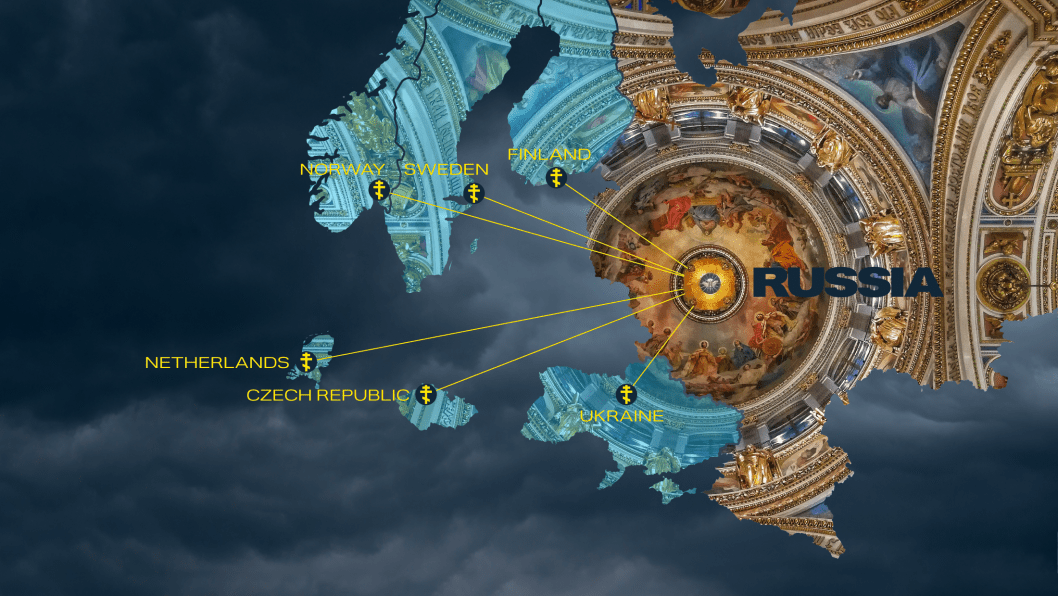
Mass protests erupted in Serbia in November 2024 following a deadly incident at the train station in Novi Sad. On November 1, a newly renovated concrete canopy collapsed, killing 15 people, including children and the elderly.
Demonstrators blamed the tragedy on corruption, negligence, safety violations, and political cronyism.
In response to public outrage, Serbian Minister of Construction Goran Vesić resigned shortly after the protests began. He and 12 others connected to the station’s reconstruction were later arrested, but the protests only intensified.
By January 2025, Prime Minister Miloš Vučević—also the former mayor of Novi Sad—stepped down amid mounting pressure. Milan Đurić, the city’s sitting mayor, also resigned. Still, the protests have shown no signs of fading. Local media have called them the country’s largest demonstrations since 1996.
On March 15, Serbia’s Interior Ministry reported that at least 107,000 people joined a protest in Belgrade. But the civic group “Parliament Archive,” which monitors public demonstrations, estimated turnout between 275,000 and 325,000.
That same day, President Aleksandar Vučić said he was open to holding national elections within three to four months if the opposition demanded it—but emphasized he had no plans to step down.
On March 19, Serbia’s parliament formally accepted Vučević’s resignation. Under Serbian law, a new government must be formed within 30 days.
Previously, it was announced that President of Serbia Aleksandar Vučić has confirmed that representatives of Russia’s Federal Security Service arrived in the country to assist in investigating allegations of the use of a “sound cannon” against protesters.
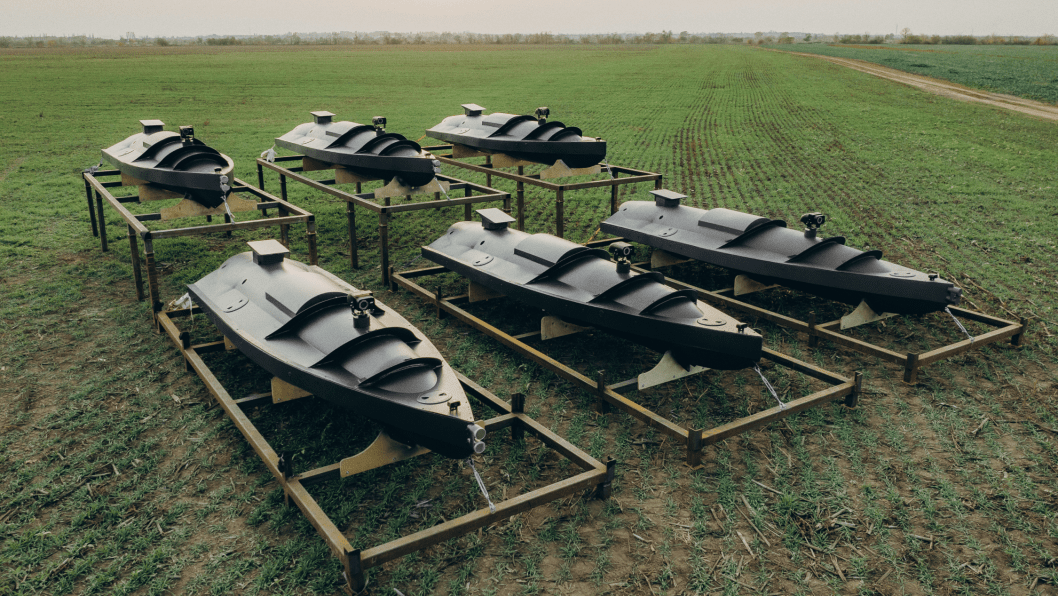

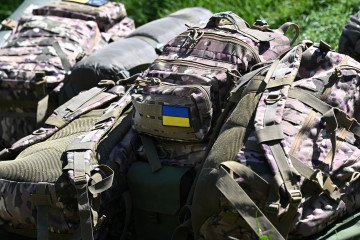


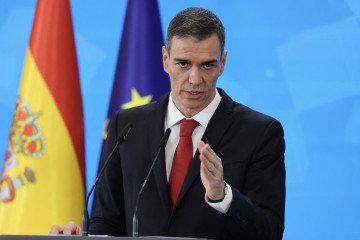
-c439b7bd9030ecf9d5a4287dc361ba31.jpg)
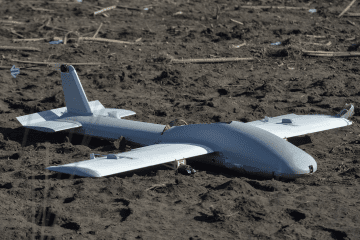
-111f0e5095e02c02446ffed57bfb0ab1.jpeg)